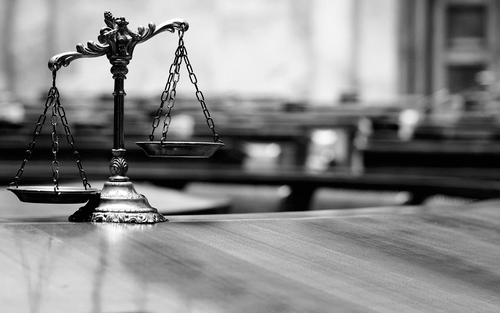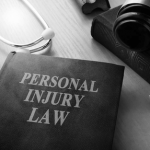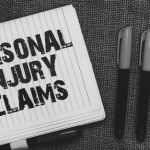If you have followed our blogs about personal injury cases, you may remember that just over a year ago I wrote about the different stages of a North Dakota personal injury suit. (I know, it feels like just yesterday, right?). Stage Two in that blog article discussed the different tools available for lawyers to “discover” evidence in the discovery phase, which takes place after an actual lawsuit has been started. One of the discovery tools is deposition. This article is meant to give witnesses who are giving a deposition general ideas of what to expect.
What Is A Deposition?
At the most basic level, a deposition is a chance for the attorneys in a case to ask questions of a party (person who is involved in a lawsuit) or witness (someone with knowledge but not a party) about discoverable evidence. A deposition usually takes place in a conference room around a conference table, but can also take place in a courthouse conference room. In almost all depositions, a judge will not be present. Also in the room will be the attorneys involved in the case, a court reporter, and a videographer if the deposition is being videotaped. In practice, almost all depositions have a court reporter, who is tasked with typing everything that is said by the witnesses and the attorneys while on the record. After the deposition, the court reporter puts together a written transcript of the questions and answers from the deposition. Most of the depositions taken by the personal injury attorneys at SW&L are videotaped. If you are unsure of whether your deposition is going to be videotaped, simply ask the attorney who represents you, or if you’re a witness, ask the attorney who subpoenaed you for the deposition.
Do I Have Control Over The Date/Time Of My Deposition?
One of the biggest worries of people who may be a party or witness in a case is how they will be able to give a deposition and fit it in with their work/family schedule. If you are subpoenaed for a deposition for a date and time that doesn’t work for your schedule, you have the option of asking the court for assistance through a motion to find a time/date that works best for your schedule. However, in practice, you can usually reach out to the attorney who subpoenaed you for the deposition and simply ask them to find a date/time that works better for your schedule and all the attorneys involved. If you are a witness who was served with a subpoena out of the blue and the deposition doesn’t work for your schedule, call the law office who sent the subpoena to try and reschedule.
If you are a party to a lawsuit, your attorney will work to find the best time/date for your deposition. However, you have an obligation under the rules if you are a plaintiff (the party bringing the lawsuit) or defendant (the party who was sued) to give a deposition. Refusing to do so can result in sanctions from the court that could lead to dismissal of your case if you are the plaintiff, or striking of an answer leading to default judgment if you are a defendant.
Truth Is Most Important
Before the deposition starts, the witness is sworn under oath to tell the truth. This oath is the same oath a witness would take if testifying in court in front of a judge and/or jury and is meant to make sure all testimony is truthful. Even if you weren’t under oath, it’s important to tell the truth. One of the most important things I have noticed in my years of practice is truthfulness is of the utmost importance. If a witness lies it will destroy that witness’s credibility and possibly sink the case of the party who the witness thought he or she was helping. The truth is what the attorneys and the court want to hear. The #1 rule in depositions is to tell the dang truth. I can’t stress this enough.
With that said, sometimes the truth is that you may not remember pieces of information or certain details. In that situation, the truthful thing to say is that you don’t recall (or don’t recall everything and tell what you do recall).
Conclusion
If you are scheduled to have your deposition taken, hopefully, the general information above allows you to understand the process. However, for legal advice about the deposition and to fully prepare yourself for a deposition, hiring an attorney is always an option. If you have any questions about giving a deposition in a personal injury case, or if you or a loved one have been catastrophically injured or worse through the fault of another, please do not hesitate to reach out to our Personal Injury Team here at SW&L Attorneys.
The information contained in this article and on this website is for informational purposes only and not for the purpose of providing legal advice. You should contact an attorney to obtain advice with respect to any particular issue or problem you may have related to a personal injury matter.










